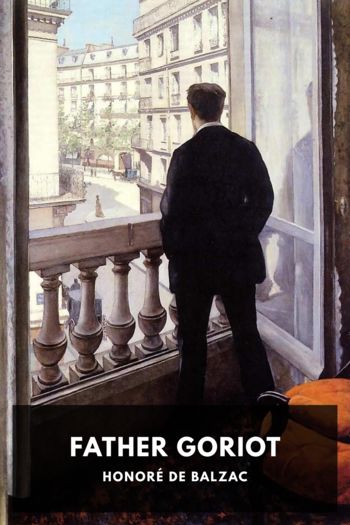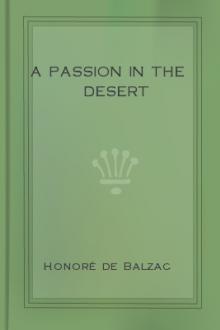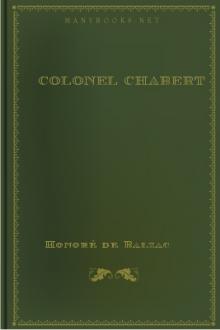Books author - "Honoré de Balzac"

Description Father Goriot, today considered one of Balzac’s most important works, is part of his novel sequence The Human Comedy. It’s the first of Balzac’s novels to feature recurring characters, a technique that he famously developed in his subsequent novels. Set in Paris during the Bourbon Restoration of the early 1800s, Father Goriot follows Eugène de Rastignac, a student born to noble roots but little means, as he tries to climb the social ladder in Paris. The impoverished Goriot is

as at sea on aclear day, with one line of light, definite as the cut of a sword.The Provencal threw his arms round the trunk of one of the palm trees,as though it were the body of a friend, and then, in the shelter ofthe thin, straight shadow that the palm cast upon the granite, hewept. Then sitting down he remained as he was, contemplating withprofound sadness the implacable scene, which was all he had to lookupon. He cried aloud, to measure the solitude. His voice, lost in thehollows of the

ns of theprolix document. Five clerks with rows of hungry teeth, bright,mocking eyes, and curly heads, lifted their noses towards the door,after crying all together in a singing tone, "Come in!"Boucard kept his face buried in a pile of papers--/broutilles/ (oddsand ends) in French law jargon--and went on drawing out the bill ofcosts on which he was busy. The office was a large room furnished with the traditional stool whichis to be seen in all these dens of law-quibbling. The

nd fits of creative energy. And then its pleasure, its repose,are an exhausting debauch, swarthy and black with blows, white withintoxication, or yellow with indigestion. It lasts but two days, butit steals to-morrow's bread, the week's soup, the wife's dress, thechild's wretched rags. Men, born doubtless to be beautiful--for allcreatures have a relative beauty--are enrolled from their childhoodbeneath the yoke of force, beneath the rule of the hammer, the chisel,the loom, and have been

